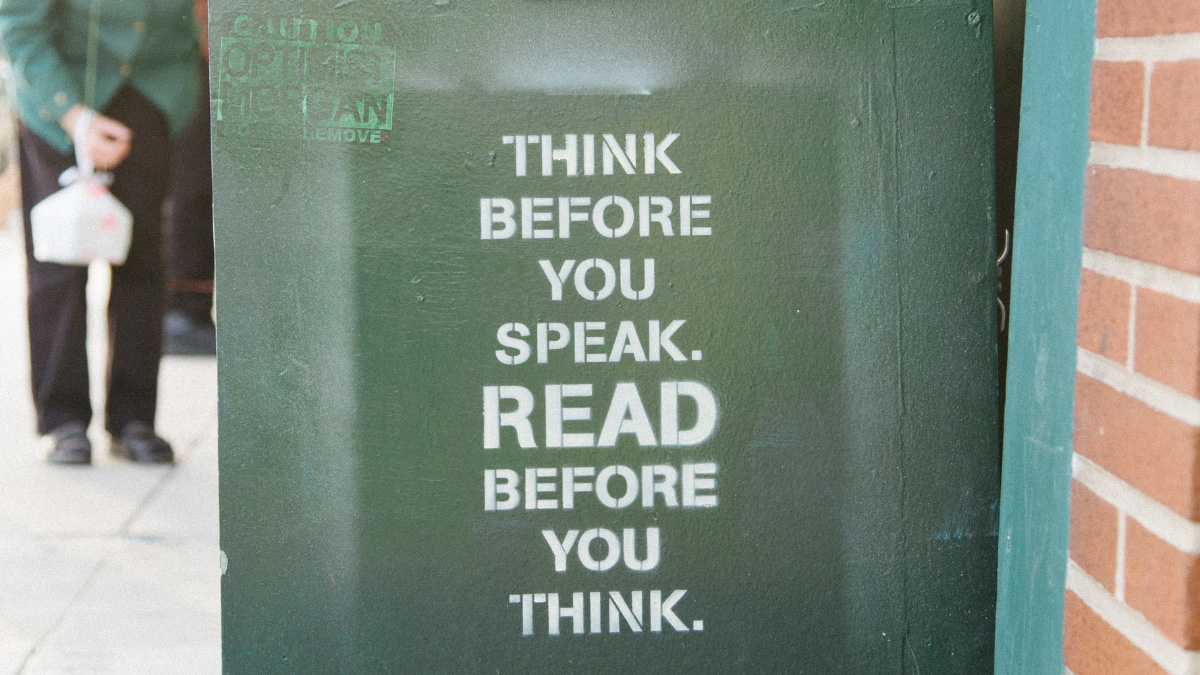 Richard Scott, a member of the IFoA Diversity, Equity and Inclusion (DEI) Colleague Group reflects on this year’s Black History Month, and how a recent frank conversation encouraged him to further explore his role as an ally; not only in this month but onwards, in order to continuously increase his knowledge and further his education as an active ally.
Richard Scott, a member of the IFoA Diversity, Equity and Inclusion (DEI) Colleague Group reflects on this year’s Black History Month, and how a recent frank conversation encouraged him to further explore his role as an ally; not only in this month but onwards, in order to continuously increase his knowledge and further his education as an active ally.
Being an active ally
For me being an active ally is about educating myself. This started when a friend shared with me: Why I'm No Longer Talking to White People About Race by Reni Eddo-Lodge. In it, Reni explores issues from eradicated black history to the political purpose of white dominance, whitewashed feminism to the inextricable link between class and race. It’s a raw and necessary exploration of what it’s like to be a person of colour in Britain today.
Why I’m No Longer Talking to White About Race set me on a journey to read more stories from black authors. Not just about race and inequality but also about life, love, and relationships from a black person’s perspective.
Enabling better support by educating yourself
I’ll share some of my favourite books at the bottom of the article but the most recent one I’ve read is Queenie by Candice Carty-Williams. It’s a very honest and incredibly witty and funny book. Candice touches on issues as diverse as mental health, race, class, and consent. Hilarious and emotionally touching, it’s a must-read that tackles cultural differences and expectations within black families from different cultural backgrounds, white denial and emotional disconnect to race issues of many white liberal millennials, and the general lack of understanding and presumption that black people experience the world in the same way as white people.
The theme for this year’s Black History Month is ‘Time for Change: Action Not Words’, focusing on bringing everyone together around a shared common goal to achieve a better world for everyone. One way we can all support this is by being an active ally.
Continue to raise awareness - always
Being an active ally is an ongoing process and a lifelong journey. Below I have included some things we can do to be a better ally.
Listen first and amplify Black voices
Committing to standing against racism as an ally means never centering ourselves. Always listening first. If we learn something from a Black activist or writer, we should think about how we can support their work, for example by sharing their page or by buying their book.
Educate yourself
Learning about anti-racism empowers us to take action and to discover what being an ally means in our immediate contexts. It isn’t helpful to add to conversations about racism with “But I don’t see colour.” For a lot of us, this simply means we have been fortunate enough not to be on the receiving end of racism, and therefore have not had to understand how racism is embedded in every level of society.
Get comfortable with being uncomfortable
Being an ally also means holding ourselves accountable for the ways in which we have personally contributed to racist systems. If we are called out for a comment that we’ve made, we should consider the impact it has had before becoming defensive.
Be proactive
Becoming more aware and more knowledgeable about anti-racism is fantastic, but it won’t help move us forward unless it is coupled with action. There are so many things we can do right now to be actively anti-racist. Talk to our friends and family about racism. Encourage respectful discussion, where it is safe to do so. Support black creatives and businesses by following on social media and sharing them within your communities.
Great books by black authors
The Black History Month official website also contains a plethora of resources ranging from personal accounts, educational resources, and trend-based topics.
This article was written by the Diversity, Equity and Inclusion Colleague Group as part of our commitment, set out in our DEI strategy, to actively promote and raise greater awareness of DEI at the IFoA.